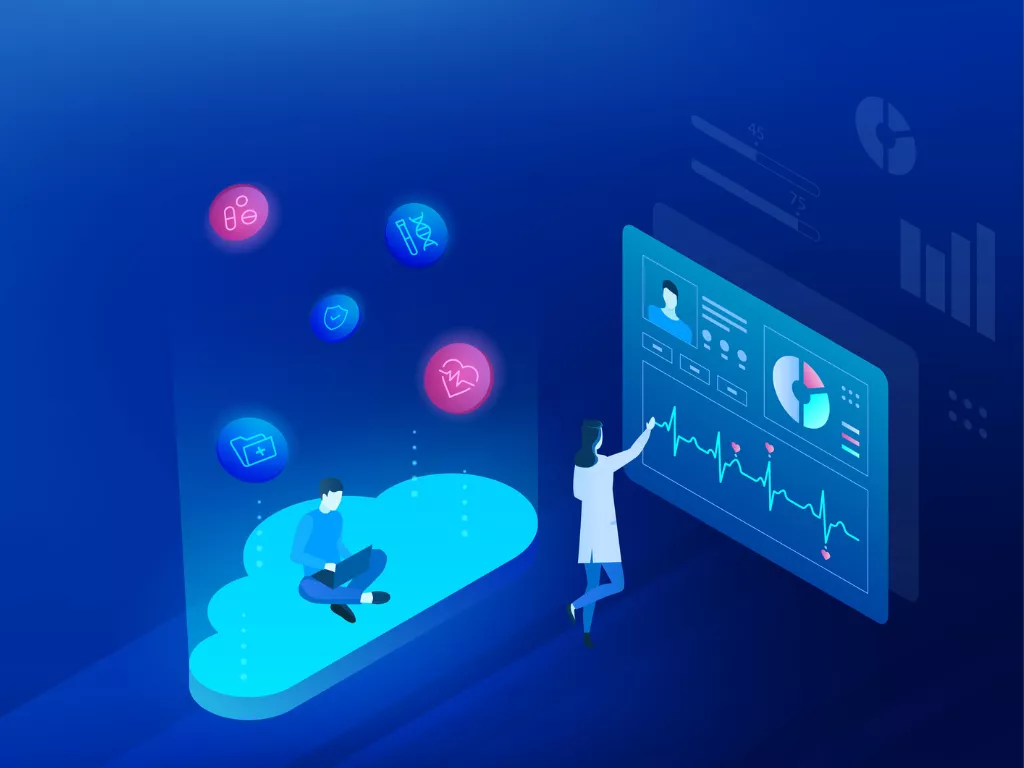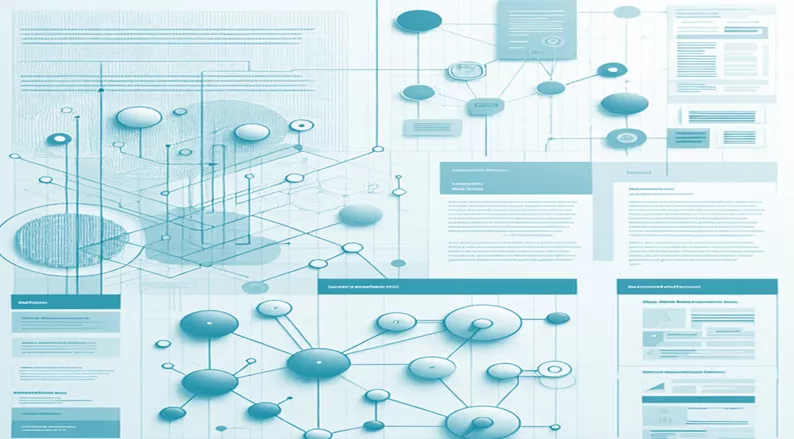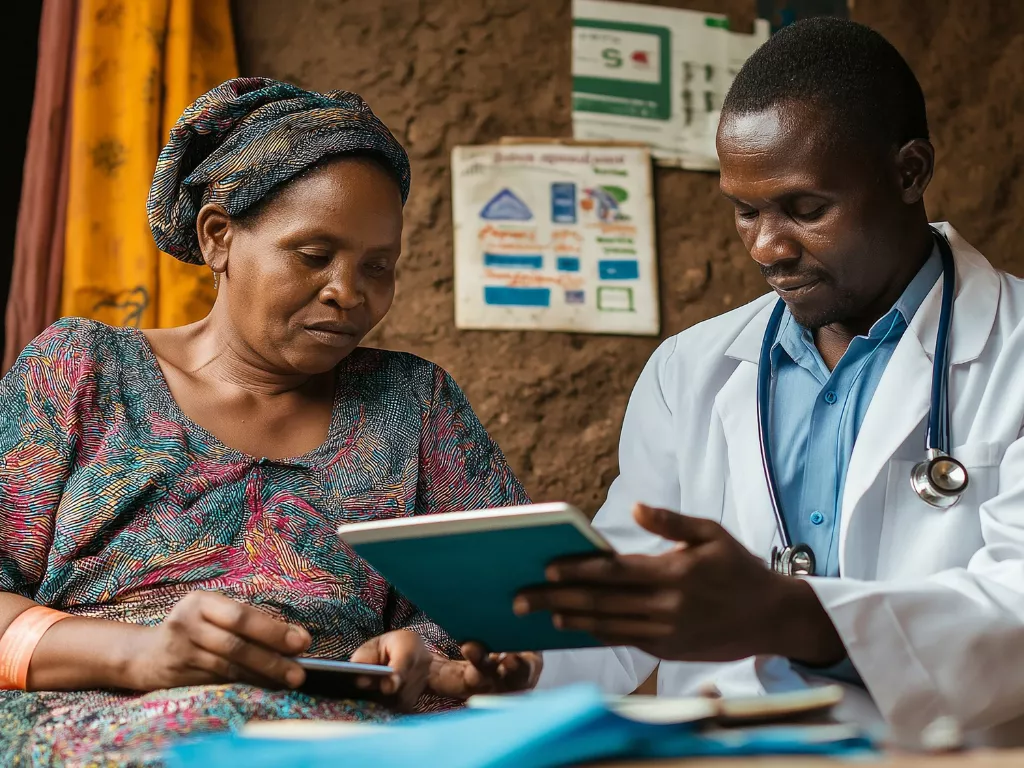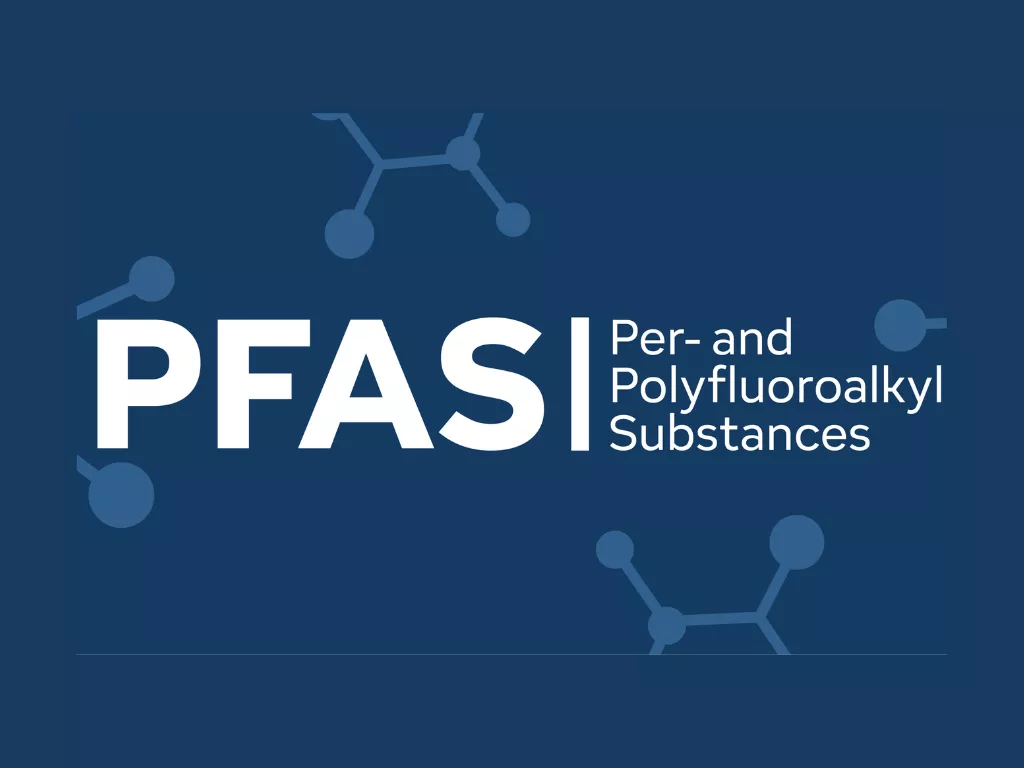The Benefits of Data Analytics in Healthcare
29 April 2021
Data analytics is a much sought after technological advancement right now, right across the healthcare industry. In the healthcare field, data analytics has a vital role to play in enhancing various aspects of care like diagnosis, patient care, feedback on treatments, etc.

Discover more

Building Better Digital Experiences with Information Architecture
In today’s digital age, information is omnipresent. Whether it's websites, mobile apps, online platforms, or digital content, these elements have become integral parts of our...

Revolutionizing Rural Healthcare: How AI is Shaping the Future of Telemedicine
Introduction Telemedicine has revolutionized healthcare delivery, particularly for underprivileged populations. For rural areas, where access to healthcare facilities is often limited, telemedicine has the potential...

PFAS: How ‘Forever Chemicals’ Impact Medical Devices
Introduction: Since 1940, per- and polyfluoroalkyl substances (PFAS) - a class of artificial compounds, have been used globally in a variety of industrial and consumer...
